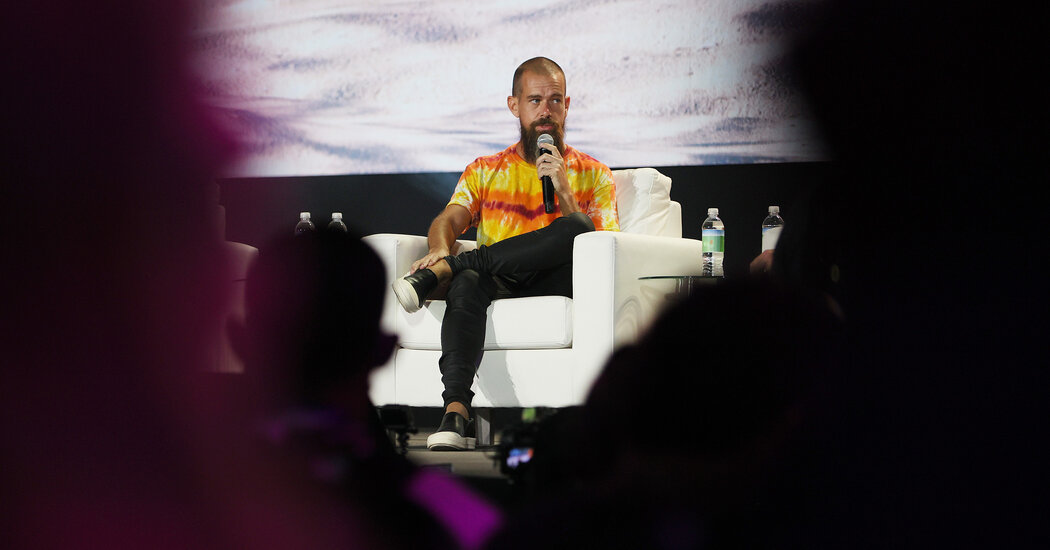Some employees rallied around Mr. Dorsey during the attempt to force him out, using the hashtag #WeBackJack as a rallying cry.
In March 2020, Elliott Management struck a deal with Silver Lake, one of Silicon Valley’s biggest investors in technology companies, that allowed Mr. Dorsey to remain at Twitter. The deal also gave Jesse Cohn, the Elliott executive who oversaw the Twitter campaign, a seat on Twitter’s board. Mr. Cohn joined a five-member committee that led a review of Twitter’s C.E.O. succession planning.
Last November, that committee completed its review, saying that it had “updated the C.E.O. succession plan in line with best practices,” according to a regulatory filing, laying a path for the transition. Twitter’s stock began to climb, and in February, Mr. Dorsey announced an ambitious plan to double Twitter’s revenue by the end of 2023. The company also sped up its product pace, releasing new features like audio chat, newsletters and tipping.
Mr. Cohn stepped down from Twitter’s board in June.
“Our collaboration with Jack and the company for the past two years has been productive and effective,” Mr. Cohn and Marc Steinberg, a senior portfolio manager at Elliott, said in a joint statement. They also praised Mr. Agrawal and Bret Taylor, the president of Salesforce and Twitter’s incoming board chairman, saying: “We are confident that they are the right leaders for Twitter at this pivotal moment for the company.”
But some of Twitter’s stock market gains have slipped away in recent months, with shares now worth roughly the same as they were a year ago. Twitter said its revenue grew 37 percent in the third quarter from a year prior, to $1.28 billion, but it lost $537 million.
Some legislators have demanded that Twitter do more to address misinformation and hate speech on the platform, while others have accused Mr. Dorsey of censorship and argued that Twitter should allow more content to remain online.
The moderation issues have been a persistent irritation for Mr. Dorsey. He had envisioned Twitter as a platform for free speech and bristled at the idea of removing content, especially from world leaders and other newsworthy figures.
